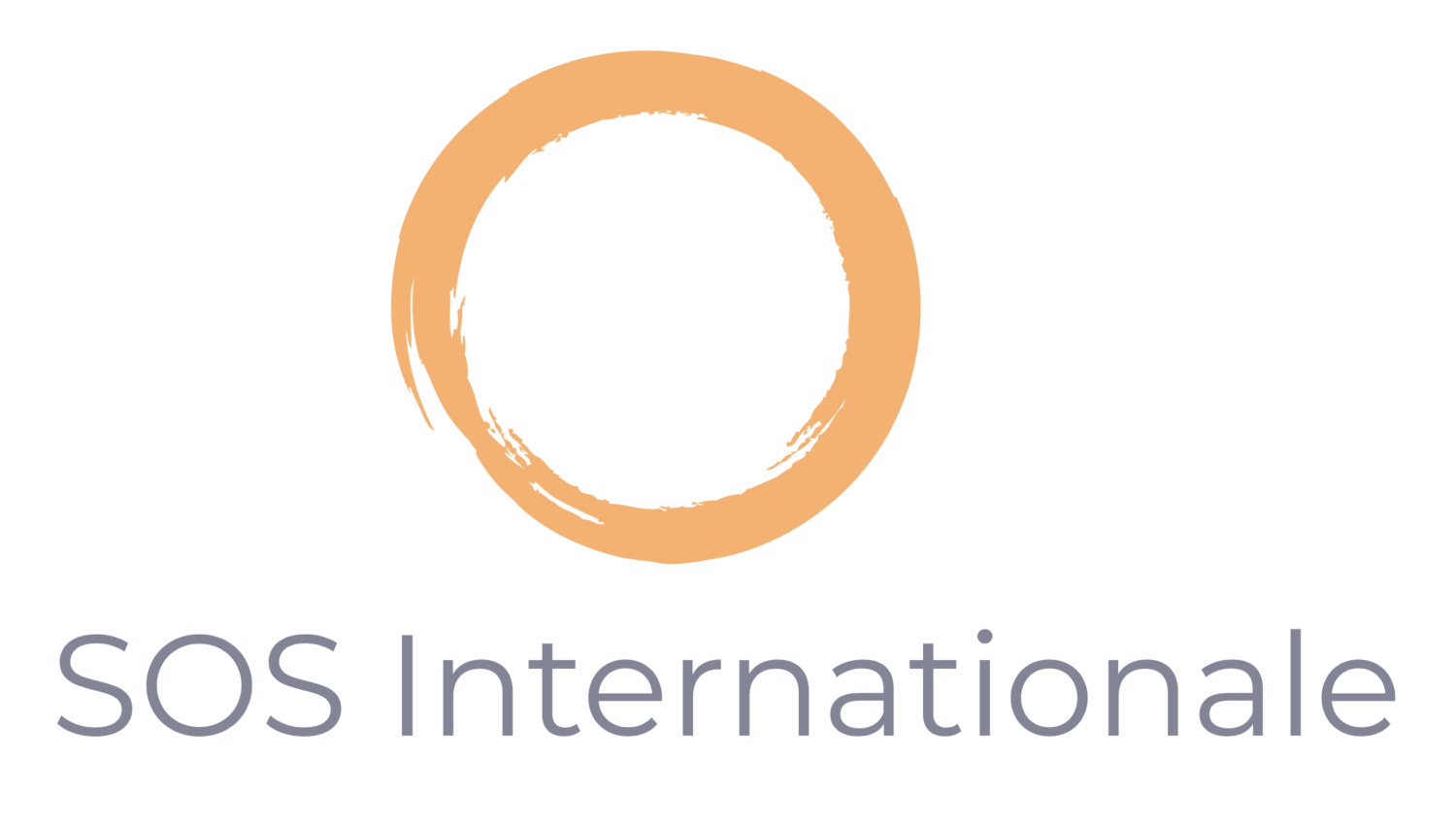This workshop lead by Dr Raja Selvam focuses on the relationship between trauma, development & attachment.
How an insecure attachment style (avoidant, ambivalent, or disorganized) shows up as specific adulthood difficulties depends on the stage of childhood in which the developmental or shock traumas affected our relational capacities and the specific developmental tasks affected in that stage of development. For example, the vulnerability driving an avoidant attachment style could be the terror of being annihilated from birth trauma (existence); or the deep distrust that one’s needs would be met from the experience of being starved in scheduled feeding practices (need); or the fear that a caregiver could destroy one’s self-experience due to constant neglect or intrusion upon the child’s self-experience (autonomy). Further, within a single stage of development (such as existence), the vulnerability driving the avoidant pattern might have something to do with not having mastered the developmental task of feeling safe enough in one’s body to exist (existential safety); or not feeling worthy enough to be loved (existential shame).
This three-day workshop will describe and demonstrate how to work with adult relationship difficulties differentiated in terms of attachment styles and various developmental tasks in at least three early stages of development using clinical strategies of inter-personal resonance and emotional embodiment from Integral Somatic Psychology™ (ISP™), a modality based partly on emerging paradigms of embodied cognition and emotion in cognitive neuroscience and psychology. It will integrate classical attachment theory (Bowlby, Ainsworth, Main, and Fonagy) with the most developed somatic theory of stages of childhood development and character structure formation (Marcher et. al.), as well as findings that demonstrate that providing emotional regulation through embodied attunement is key to repairing attachment wounds (Wallen).
Learning Objectives
Learn to work with avoidant, ambivalent, and disorganized styles of insecure attachment and their variations that are often in the form implicit sensorimotor emotional memories through emotional embodiment and inter-personal resonance.
Learn to identify and work with the different developmental tasks or functions in at least three early stages of childhood development (existence, need, and autonomy) the wounding of which by developmental and shock traumas determine specific vulnerabilities driving the insecure attachment styles.
Learn how to access and work with a wider range of emotions especially sensorimotor emotions in relation to attachment and relationship from the very first session with a client.
Learn how to help clients work through and develop a greater capacity for extremely difficult emotional experiences having to do with attachment and relationship faster by using the body as container and regulator.
Learn how to improve your ability to regulate your client emotionally through embodied attunement, a very important component of effective attachment work, through specific skills of inter-personal resonance.
Learn about how the emerging paradigms of embodied cognition and emotion in cognitive neuroscience and psychology can help improve outcomes and shorten treatment times in all therapies including body-oriented modalities such as Somatic Experiencing® (SE™) and Sensorimotor Psychotherapy®, through embodiment of a greater range of emotions from the very first session with clients.
In the three-day workshop, Dr. Raja Selvam will cover all of the above topics. The format of the workshop will be lectures, live demonstrations with workshop participants (at least two per day), questions and answers, and short, guided dyadic and group exercises to make the workshop experiential for the participants as well as to manage activation among them. To impart as much knowledge as possible during the short three-day workshop and to accommodate participants with varying levels of expertise, there will be no lengthy practice sessions among participants.
About Raja Selvam
Raja Selvam, PhD, a licensed clinical psychologist (California, PSY30233), is a senior trainer in Peter Levine’s Somatic Experiencing® (SE™) professional trauma training program and the developer of Integral Somatic Psychology (ISP). ISP, based on emerging paradigms of embodied cognition and emotion in cognitive neuroscience and psychology, is a new paradigm in body psychotherapy that offers all therapeutic modalities a complementary approach for improving outcomes and shortening treatment times through greater understanding and embodiment of a larger range of emotions.
Dr. Selvam teaches in as many as twenty countries in North and South Americas, Europe, Asia, the Middle East, and the Far East. Dr. Selvam’s eclectic approach draws from bodywork/energywork systems of Postural Integration, Biodynamic Cranio-Sacral Therapy, Polarity Therapy, body psychotherapy systems of Reichian Therapy, Bioenergetics, Bodynamic Analysis, Jungian and Archetypal psychologies, psychoanalytic schools of Object Relations and Inter-Subjectivity, Somatic Experiencing (SE), Affective Neuroscience, Quantum Physics, Yoga, and Advaita Vedanta.
Cost and Booking
All professionals engaged in treating relationship and attachment difficulties caused by developmental and shock traumas stand to gain much from this workshop.
Integral Somatic Psychology (ISP) graduates and trainees will learn advanced knowledge and skills for applying their ISP expertise to the specific areas of trauma, development, and attachment.
The cost of the three-day workshop with Raja is £520 There is an earlybird discounted price of £480 if you book before 30th June.

